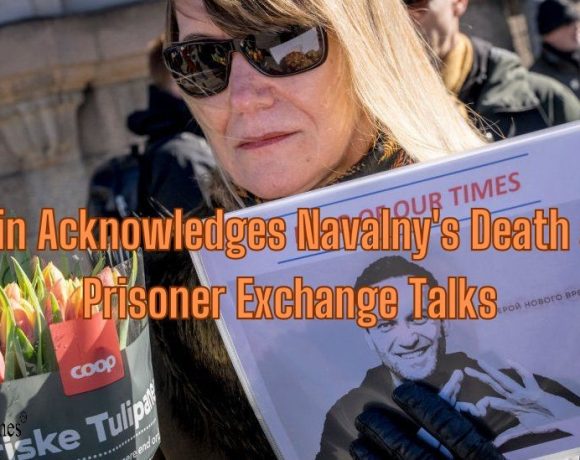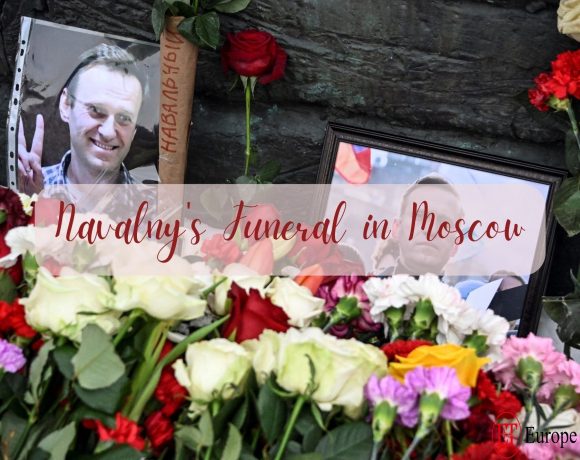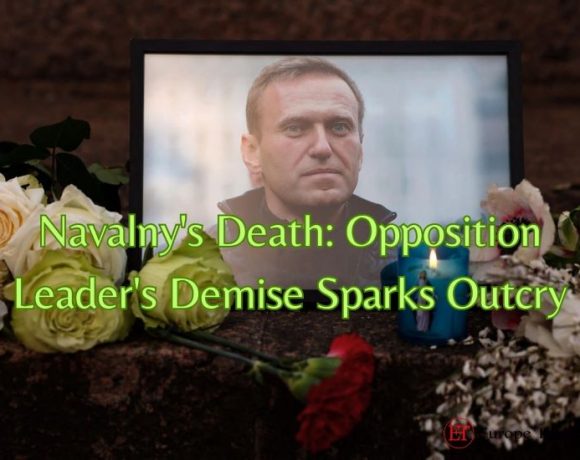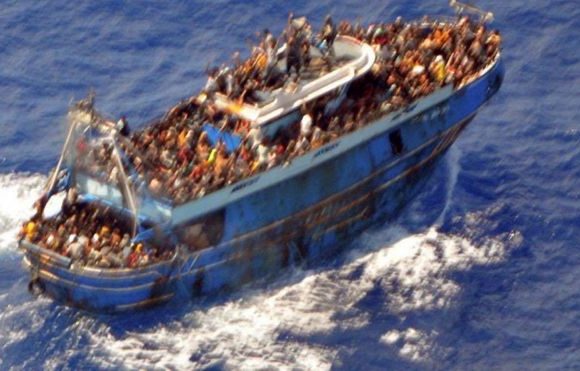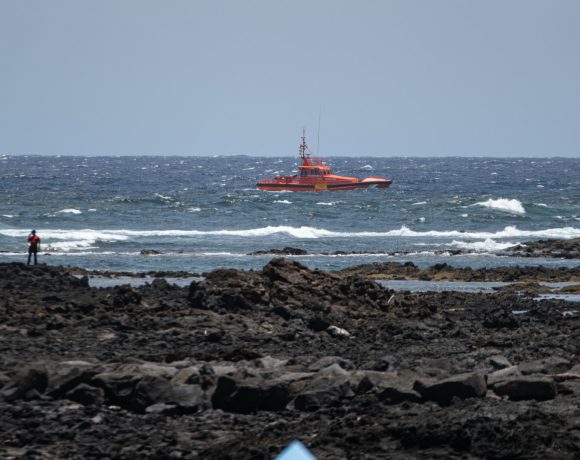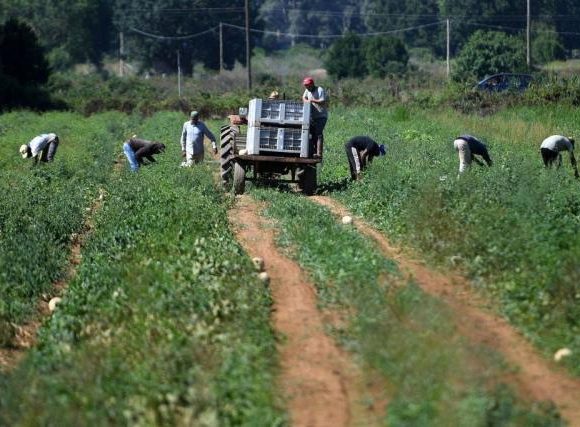
An Indian farm laborer in Italy, Satnam Singh, tragically died after being abandoned by the roadside following a severe accident. Singh’s arm was severed, and his legs were crushed by heavy machinery while working in a vegetable field in Lazio, near Rome. His employer, Antonello Lovato, allegedly transported Singh and his wife in a van, leaving them near their home, with Singh’s severed arm placed in a fruit box. Medical assistance arrived an hour and a half later, and Singh was airlifted to a hospital in Rome, where he died on Wednesday. Lovato is now under investigation for criminal negligence and manslaughter.
Lovato’s father claimed that Singh had been warned to stay away from the machinery but did not heed the advice. Italy’s Minister of Labour, Marina Calderone, condemned the incident as an “act of barbarity.” Singh, in his early 30s, had been living and working in Italy as an undocumented migrant for around two years. The Indian embassy in Italy expressed deep sorrow over Singh’s death and stated that it was coordinating with local authorities.
The Flai CGIL trade union has called for a strike of agricultural workers on Saturday to protest Singh’s death. Union secretary general Maurizio Landini highlighted the severe exploitation within the agricultural sector, likening it to modern slavery, especially for undocumented workers.
The Lazio area, where Singh worked, hosts large farms and a significant Punjabi and Sikh population, many of whom work as farmhands. Undocumented laborers in Italy often fall victim to the “caporalato” system, where middlemen illegally recruit workers for extremely low wages. Even legally documented workers frequently earn far below the legal minimum wage. A 2018 study by the Italian National Institute of Statistics found that nearly a quarter of the agricultural workforce in Italy was employed through this method. This exploitative system also affects workers in the service and construction industries.
Despite the outlawing of caporalato in 2016, following the death of an Italian woman working under harsh conditions, the exploitation persists. Thousands of agricultural workers in Italy, both Italian and migrant, work without contracts in dangerous conditions, often paying for transportation to remote fields and living in isolated, substandard housing without access to education or healthcare. In 2018, 16 agricultural workers died in two separate road accidents in Puglia, prompting African migrant laborers to strike against poor working conditions. Recently, two individuals in Puglia were arrested for caporalato, having recruited and exploited several dozen workers.
Picture Courtesy: Google/images are subject to copyright

